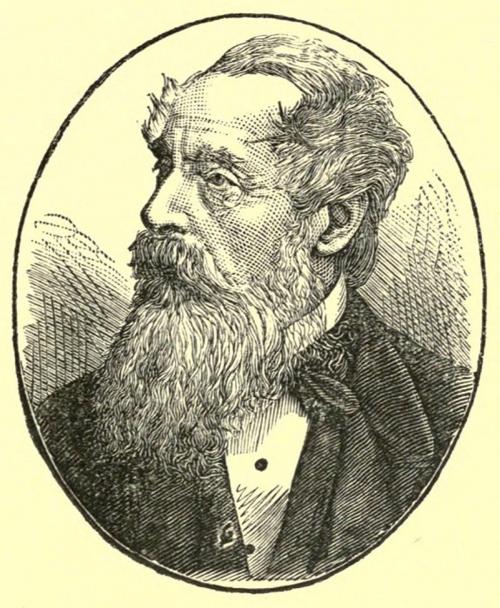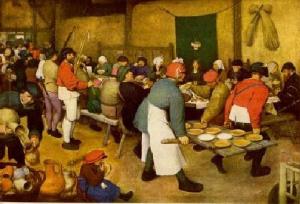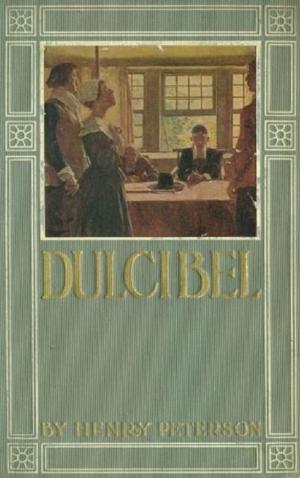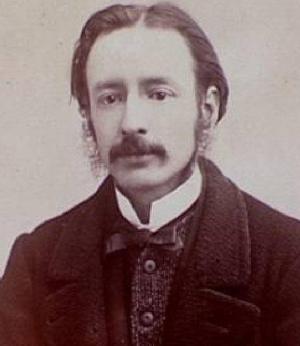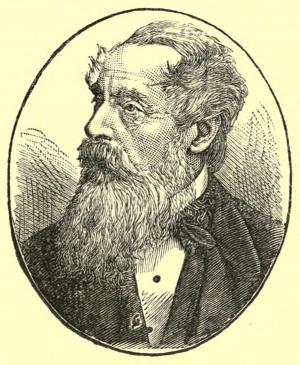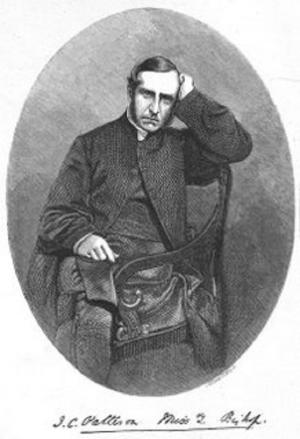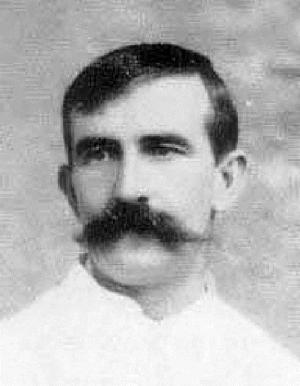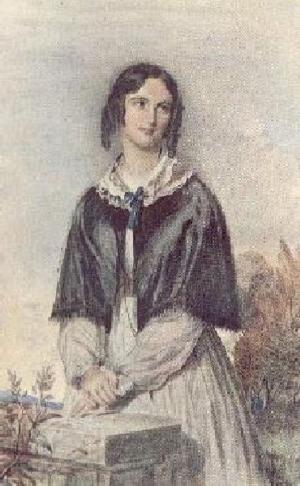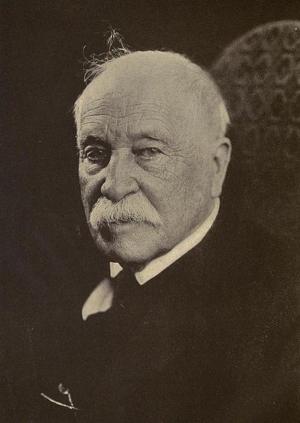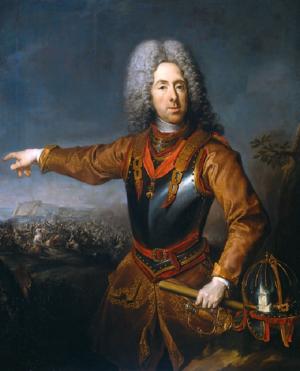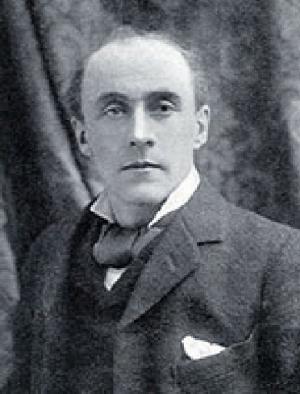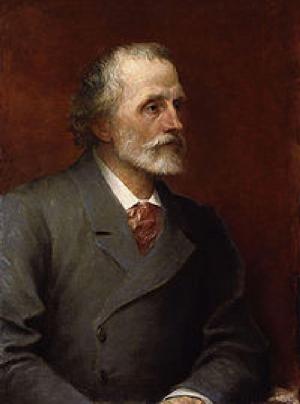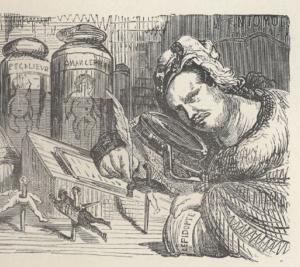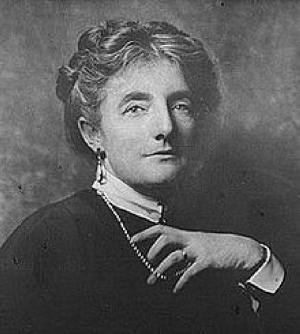The Golden Grasshopper, a Story of the Days of Sir Thomas Gresham
Fiction & Literature, Classics, Kids, Teen, General Fiction, Fiction| Author: | Kingston, W.H.G. | ISBN: | 9781455391257 |
| Publisher: | B&R Samizdat Express | Publication: | June 10, 2015 |
| Imprint: | Quench Editions | Language: | English |
| Author: | Kingston, W.H.G. |
| ISBN: | 9781455391257 |
| Publisher: | B&R Samizdat Express |
| Publication: | June 10, 2015 |
| Imprint: | Quench Editions |
| Language: | English |
This book was originally published in 1870, under the title of "The Royal Merchant". As there were sundry things that needed changing, the book was edited and re-issued under the title of "The Golden Grasshopper". Kingston, the author, was in the last few months of his life while this was being done, so the work was done by some of his various ghosts, but with Kingston's approval. The tale is told through the eyes of a Dutch boy, Ernst Verner, whose parents had been put to death in Holland for their Protestant faith. It was a difficult time in England, for, between the Protestant sovereigns, Edward the Sixth, and Elizabeth, there were a few years under the Catholic Queen, Mary, during which very many people were put to death for their Protestantism. Most people did their best to pay lip service to whoever was the current ruler, while keeping their own beliefs to themselves. The boy, Ernst has a recommendation to the great Sir Thomas Gresham, a merchant so important at the time that many of his initiatives persist to this day. He is sent to Saint Paul's School, which still exists, though not now in the centre of the City of London. He makes friends with another boy, A'Dale. From here on the story becomes very convoluted, either because the boys are trying to do things they have been ordered to do by Sir Thomas, or because they are being pursued by a Romish priest, who had taken a major dislike to them as they were not paying due attention while he was saying Mass at SaintPaul's Cathedral. We realise what a major barrier the English Channel was in those days, with the short distance sometimes taking but a few hours, and at other times several days, perhaps even with loss of life. According to Wikipedia: "William Henry Giles Kingston (28 February 1814 - 5 August 1880), writer of tales for boys, was born in London, but spent much of his youth in Oporto, where his father was a merchant. His first book, The Circassian Chief, appeared in 1844. His first book for boys, Peter the Whaler, was published in 1851, and had such success that he retired from business and devoted himself entirely to the production of this kind of literature, in which his popularity was deservedly great; and during 30 years he wrote upwards of 130 tales, including The Three Midshipmen (1862), The Three Lieutenants (1874), The Three Commanders (1875), The Three Admirals (1877), Digby Heathcote, etc. He also conducted various papers, including The Colonist, and Colonial Magazine and East India Review. He was also interested in emigration, volunteering, and various philanthropic schemes. For services in negotiating a commercial treaty with Portugal he received a Portuguese knighthood, and for his literary labours a Government pension."
This book was originally published in 1870, under the title of "The Royal Merchant". As there were sundry things that needed changing, the book was edited and re-issued under the title of "The Golden Grasshopper". Kingston, the author, was in the last few months of his life while this was being done, so the work was done by some of his various ghosts, but with Kingston's approval. The tale is told through the eyes of a Dutch boy, Ernst Verner, whose parents had been put to death in Holland for their Protestant faith. It was a difficult time in England, for, between the Protestant sovereigns, Edward the Sixth, and Elizabeth, there were a few years under the Catholic Queen, Mary, during which very many people were put to death for their Protestantism. Most people did their best to pay lip service to whoever was the current ruler, while keeping their own beliefs to themselves. The boy, Ernst has a recommendation to the great Sir Thomas Gresham, a merchant so important at the time that many of his initiatives persist to this day. He is sent to Saint Paul's School, which still exists, though not now in the centre of the City of London. He makes friends with another boy, A'Dale. From here on the story becomes very convoluted, either because the boys are trying to do things they have been ordered to do by Sir Thomas, or because they are being pursued by a Romish priest, who had taken a major dislike to them as they were not paying due attention while he was saying Mass at SaintPaul's Cathedral. We realise what a major barrier the English Channel was in those days, with the short distance sometimes taking but a few hours, and at other times several days, perhaps even with loss of life. According to Wikipedia: "William Henry Giles Kingston (28 February 1814 - 5 August 1880), writer of tales for boys, was born in London, but spent much of his youth in Oporto, where his father was a merchant. His first book, The Circassian Chief, appeared in 1844. His first book for boys, Peter the Whaler, was published in 1851, and had such success that he retired from business and devoted himself entirely to the production of this kind of literature, in which his popularity was deservedly great; and during 30 years he wrote upwards of 130 tales, including The Three Midshipmen (1862), The Three Lieutenants (1874), The Three Commanders (1875), The Three Admirals (1877), Digby Heathcote, etc. He also conducted various papers, including The Colonist, and Colonial Magazine and East India Review. He was also interested in emigration, volunteering, and various philanthropic schemes. For services in negotiating a commercial treaty with Portugal he received a Portuguese knighthood, and for his literary labours a Government pension."
